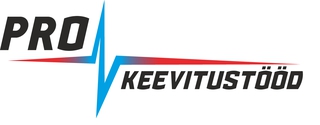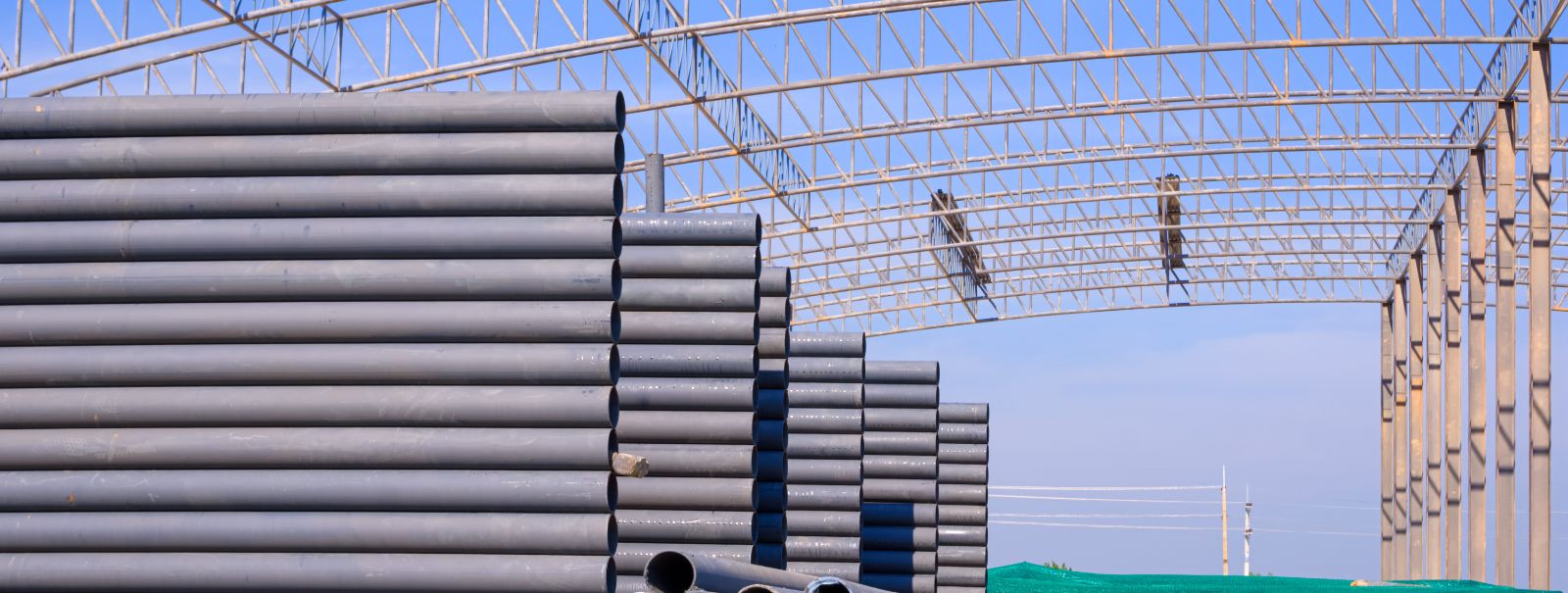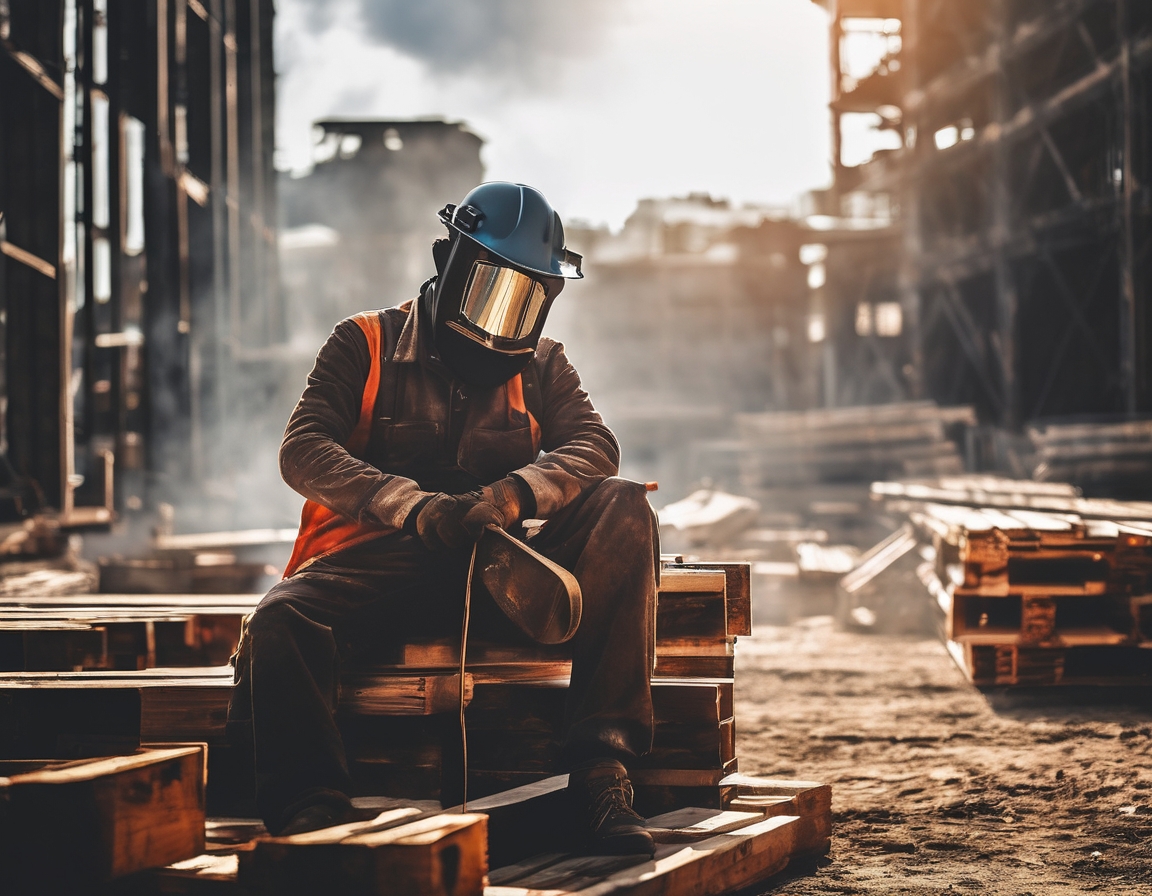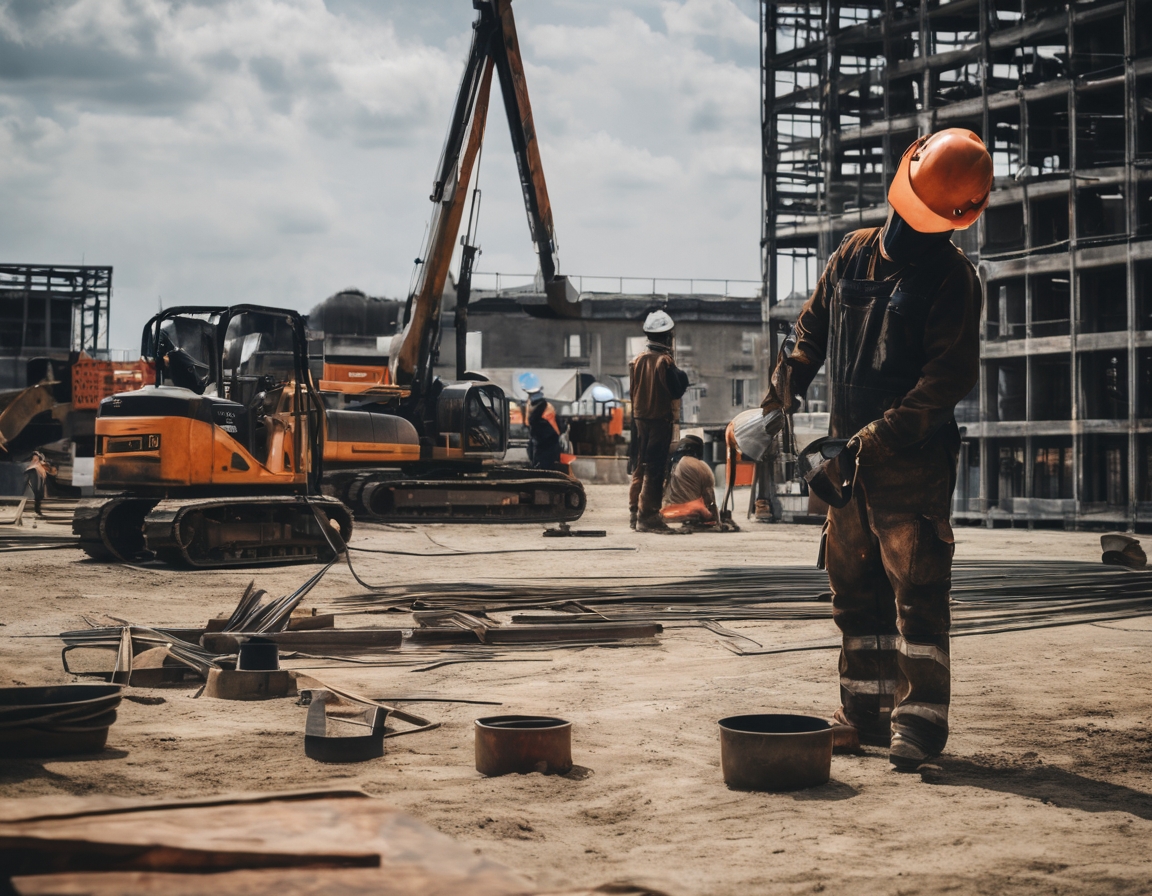Innovative uses of pvc in modern construction
Polyvinyl Chloride (PVC) has become a staple material in modern construction due to its versatility, durability, and cost-effectiveness. As a synthetic plastic polymer, PVC is used in a wide range of construction applications, from piping and roofing to windows and flooring. Its adaptability makes it an ideal choice for construction companies and developers looking to innovate and improve efficiency in their projects.
Advantages of PVC in Construction
PVC is renowned for its durability and resistance to environmental factors such as moisture, chemicals, and UV radiation. This makes it an excellent choice for outdoor applications where materials are exposed to harsh conditions. PVC's longevity reduces the need for frequent replacements, making it a cost-effective option over time.
Compared to traditional construction materials like wood, metal, or concrete, PVC is significantly more affordable. Its lightweight nature reduces transportation and installation costs, while its low maintenance requirements further enhance its cost-effectiveness. For construction companies and developers, this translates into substantial savings without compromising on quality.
Modern PVC production processes have become more environmentally friendly, with many manufacturers adopting sustainable practices. PVC is recyclable, and its long lifespan reduces waste. Additionally, its energy-efficient properties contribute to lower energy consumption in buildings, aligning with global sustainability goals.
Innovative Applications of PVC
PVC roofing membranes are gaining popularity due to their durability, energy efficiency, and ease of installation. These membranes are resistant to weathering, chemicals, and fire, making them ideal for both residential and commercial buildings. Their reflective properties also help reduce cooling costs by reflecting sunlight.
PVC cladding offers an attractive and low-maintenance alternative to traditional materials. Available in a variety of colors and textures, PVC cladding enhances the aesthetic appeal of buildings while providing excellent insulation and weather resistance. This makes it a popular choice for modern architectural designs.
PVC windows and doors are valued for their energy efficiency, sound insulation, and low maintenance requirements. They offer excellent thermal performance, helping to reduce heating and cooling costs. Additionally, PVC frames are resistant to rot, corrosion, and termites, ensuring long-lasting performance.
PVC pipes are a cornerstone of modern plumbing systems due to their strength, flexibility, and resistance to corrosion. They are used in a variety of applications, including water supply, drainage, and sewage systems. PVC pipes are easy to install and maintain, making them a preferred choice for construction projects.
PVC flooring is a versatile and durable option for both residential and commercial spaces. It is available in a wide range of designs, including wood and stone finishes, providing aesthetic flexibility. PVC flooring is also water-resistant and easy to clean, making it ideal for high-traffic areas.
Safety and Quality Considerations in PVC Construction
When using PVC in construction, it is crucial to adhere to safety and quality standards to ensure optimal performance and longevity. This includes selecting high-quality PVC products, following proper installation procedures, and conducting regular maintenance. By prioritizing safety and quality, construction companies can maximize the benefits of PVC in their projects.






Comments (0)